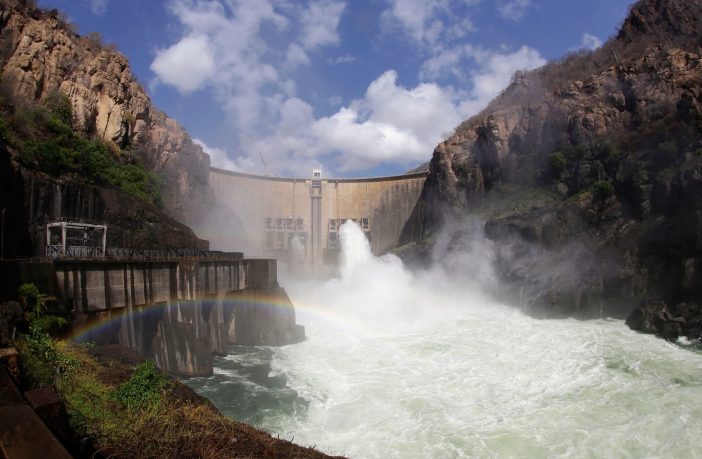- Mozambique will select the consulting firm that will provide services for the legal and financial structuring of the Mphanda Nkuwa Hydroelectric Project in Tete province by the end of this year, according to reports by Portuguese news agency Lusa.
Nine companies have been pre-qualified for the next phase from a total of eighteen after the tender process which closed on 1 August 2019. The Mphanda Nkuwa Dam will be built 60 kilometres downstream from the Cahora Bassa dam on the Zambesi River.
Related news: Cahora Bassa shares over subscribed
The selected company will work with the Mpanda Nkuwa Hydroelectric Project Implementation Office which has been specifically created by the Mozambican government. The winning company will advise on the selection of the strategic partner to join Electricidade de Moçambique (EDM) and Hidroelétrica de Cahora Bassa (HCB) in the development of future dam infrastructure.
The hydro projects is expected to have a generating capacity of 1500MW.
The dam would be 103 metres high and flood approximately 97 square kilometres (24,000 acres) of the Zambezi valley. The estimated cost of the project is US 4.2 billion. Once the dam is completed, it is expected that most of the generated power will be sold to South Africa, because of the lack of transmission infrastructure in Mozambique.
The proposed dam is highly controversial because it would force the relocation of 1,400 families, and affect the livelihoods of a further 200,000 people downriver. Because the dam would be operated on a peaking basis, large daily fluctuations in river flow would ruin existing irrigation systems and affect aquaculture in the river’s extensive delta. The United Nations has described this project as the ‘least environmentally acceptable major dam project in Africa’.
Author: Bryan Groenendaal















